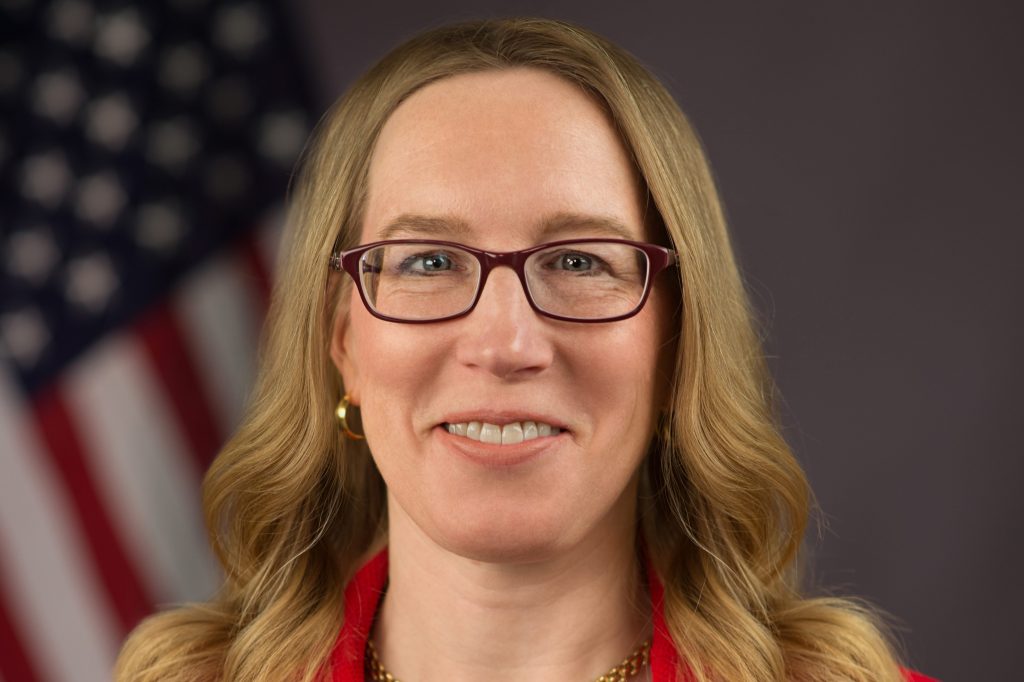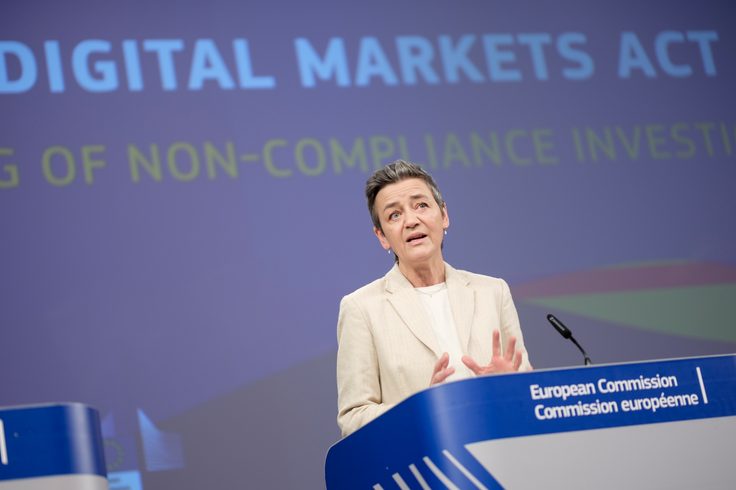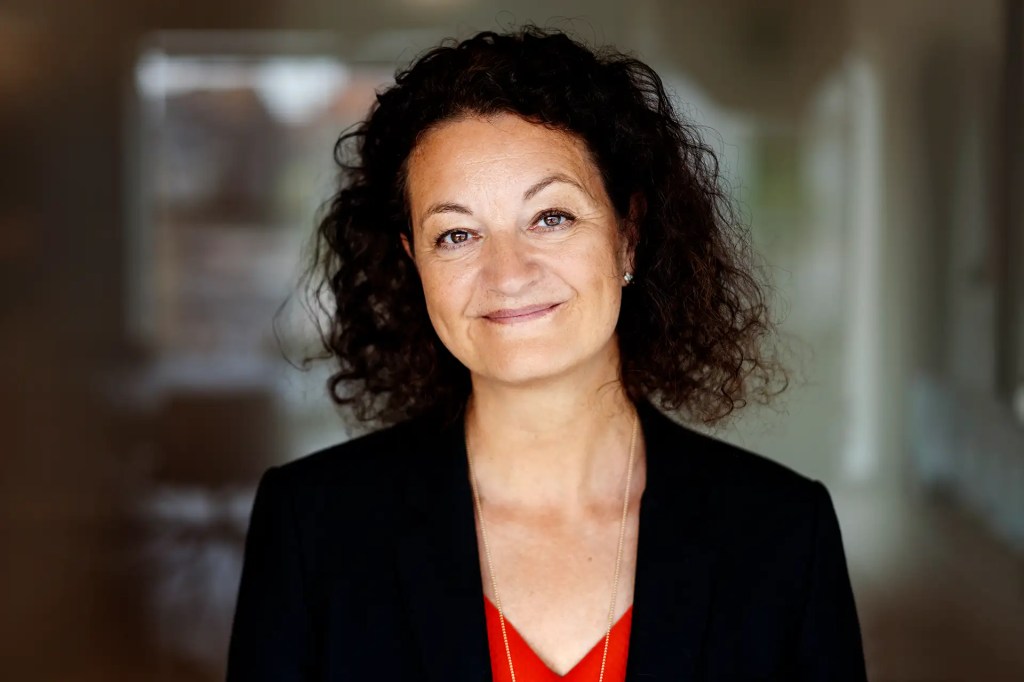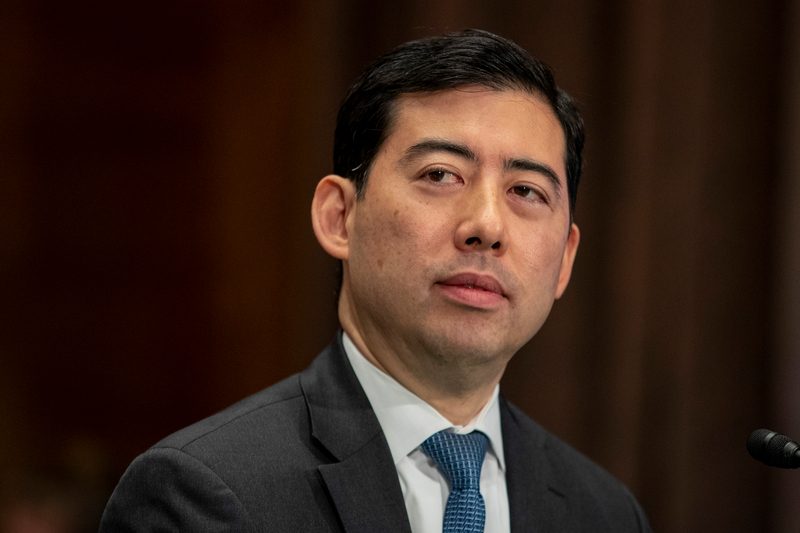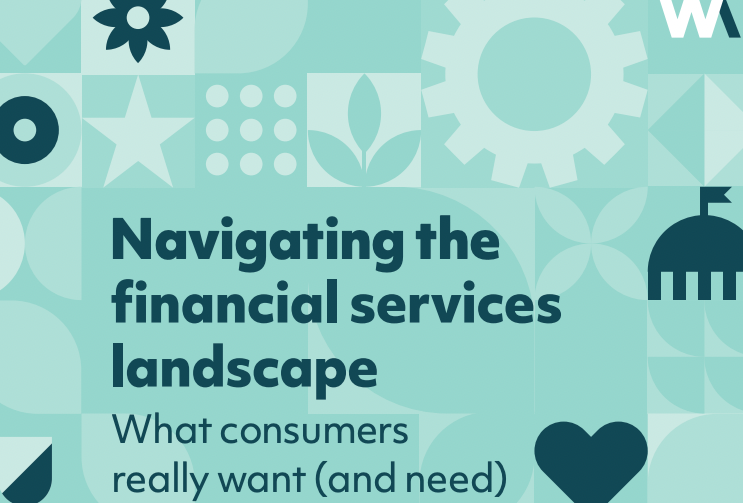Values are at least as important as performance in influencing the investment decisions of younger customers, but there is generally “a staggering lack of understanding about where and how consumers’ money is invested”. They are the headline findings in a new report on consumer preferences carried out by communication consultancy WA.
The report, Navigating the financial services landscape – what consumers really want (and need) surveyed the attitudes of 2,000 UK adults to find out “what really drives” consumer choice in an environment in which over 1,200 savings accounts, 1,100 investment firms and 131,000 mutual funds are available to choose from.
Choices
Brand recognition is still key, with 79% of those surveyed saying recognizing a bank or building society is important to them when choosing a savings account. But 56% say ethical and environmental credentials are important too. Attitudes are similar when it comes to choosing investments and pensions – and the younger the potential investor, the more important ESG is.
Across all age groups, 73% said the amount of money generated is of most importance when it comes to making investment decisions, compared with 27% who said ESG factors mattered most. But when the question was posed to different age groups, the split was much smaller – with 46% of 18-24-year-olds putting ESG factors first, and 34% of 25-34-year-olds.
Labor and diversity
The survey also found consumers were more interested in the S and G of ESG, with factors such as labor practices and workforce diversity rated more highly than environmental considerations.
Questions on financial understanding revealed a worrying lack of knowledge. The survey found;
- 63% did not know who managed their pension;
- 63% said the number of financial products on the market made it difficult to tell them apart;
- 59% knew “a little” or “nothing at all” about how their pension is allocated;
- 46% did not know what investment manager they used;
- 38% said they knew “a little” or “nothing at all” about how their money was invested;
- 29% don’t know how to find out where the money in their pension is invested – a figure that rises to 46% among the over 65s.
WA concludes that “The firms of the future will be those who take the time to educate their current and prospective customers on what they do, why they do it and how this delivers strong financial results in an equitable and sustainable manner.”

